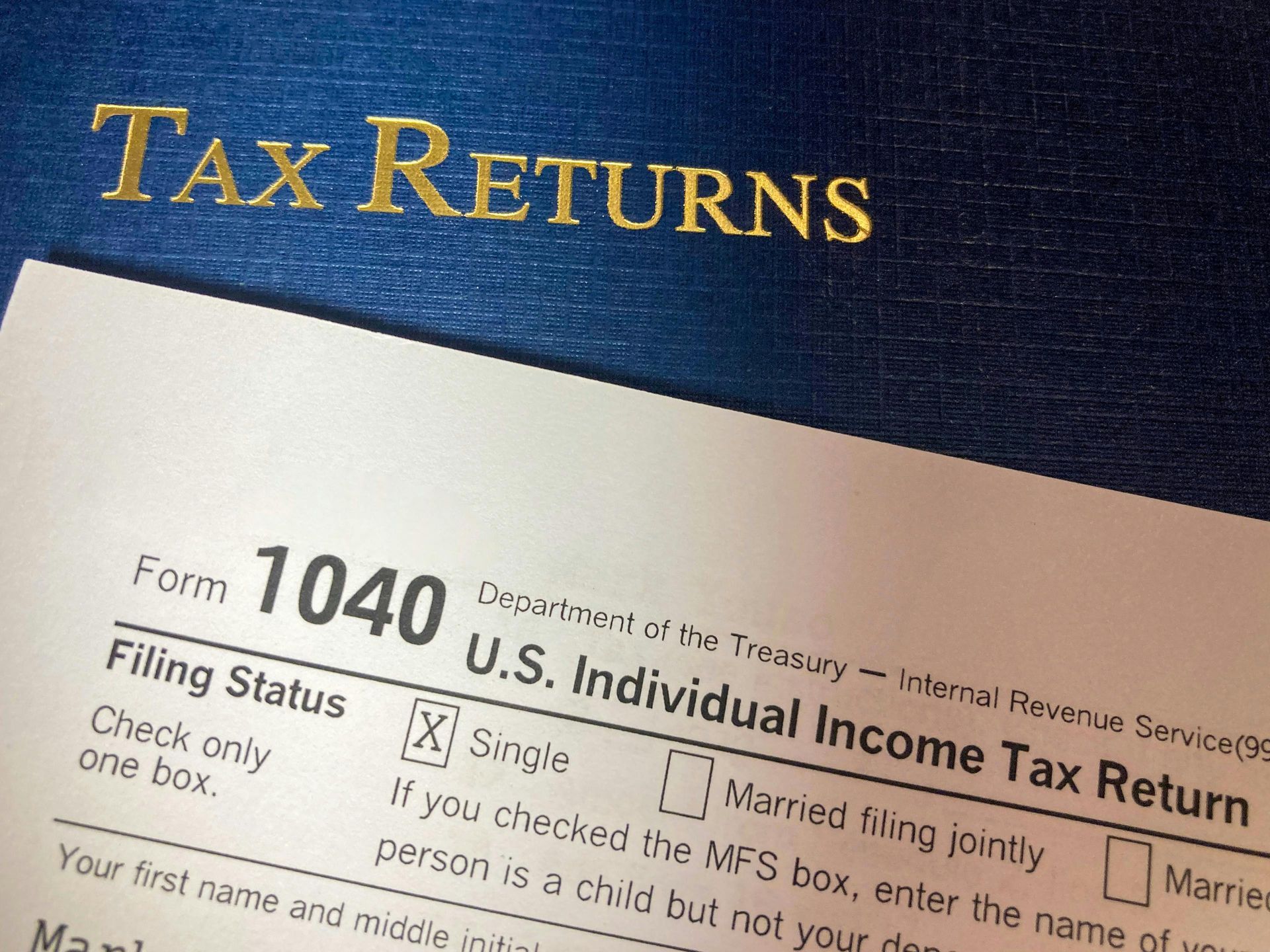Are your books ready for tax season? Our bookkeeping and payroll services keep your finances organized all year, so you never miss a deduction or stress about tax deadlines. Schedule a consultation today and see how clean books can save you money.
How Good Bookkeeping Saves You Money at Tax Time
When most people think about saving money on taxes, they imagine complicated loopholes or big deductions. But the truth is, one of the simplest and most powerful ways to reduce your tax bill is by keeping organized, accurate books all year long.
Bookkeeping may not be glamorous, but it’s the foundation of financial success—and it can mean the difference between overpaying and keeping more of your hard-earned money.
1. Accurate Income Tracking

The IRS requires you to report all income. But sloppy recordkeeping can result in double-reporting or missing adjustments that lower your liability. Proper bookkeeping ensures that:
- Every dollar earned is properly recorded.
- Refunds, rebates, and adjustments aren’t overlooked.
- Deposits are categorized correctly (loan proceeds ≠ taxable income).
This prevents you from paying taxes on money you didn’t actually earn.
2. Capturing Every Deduction

Missed deductions are one of the biggest reasons small businesses overpay. Good bookkeeping makes sure you don’t forget about:
- Office supplies and equipment.
- Mileage and vehicle expenses.
- Subscriptions and software.
- Travel, meals, and professional education.
- Home office deductions.
When your books are current, these expenses are easy to document and claim.
3. Easier Audit Defense

If the IRS audits you, the first thing they’ll ask for is documentation. Disorganized or missing records can lead to disallowed deductions and penalties.
Clean, reconciled books:
- Provide a clear paper trail.
- Show professional-level organization.
- Give you confidence if questions arise.
In many cases, good bookkeeping can stop an audit from escalating because your numbers line up.
4. Better Cash Flow Planning

Taxes aren’t just about filing—they’re about paying on time. With proper bookkeeping, you’ll know:
- How much to set aside for estimated taxes.
- When quarterly payments are due.
- Whether you have cash available to cover obligations.
This prevents scrambling for funds or getting hit with underpayment penalties.
5. Bookkeeper vs. DIY: Why Outsourcing Pays Off

Many business owners try to manage books themselves, but DIY bookkeeping often leads to:
- Missed entries.
- Incorrect categorization.
- Time wasted on tasks outside your expertise.
A professional bookkeeper (or bookkeeping service) not only ensures accuracy but often pays for themselves in tax savings, reduced penalties, and freed-up time to focus on growing your business.
Bookkeeping may feel like busywork, but it’s actually your first line of defense against overpaying taxes. Accurate records = more deductions, fewer errors, and peace of mind when it’s time to file.
Think of bookkeeping as a year-round tax-saving strategy—not just paperwork.






